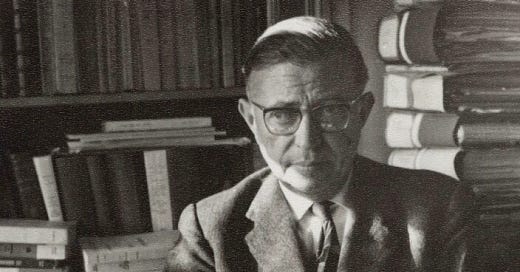The Phenomenology of Imagination and Emotion: A Sartrean Synthesis on Consciousness, Intentionality, and the Role of Nothingness
Link!
This paper offers a thorough synthesis of Jean-Paul Sartre's works, The Imaginary: A Phenomenological Psychology of the Imagination (1940) and Sketch for a Theory of the Emotions (1962). It presents an integrated perspective on Sartre's existential phenomenology, emphasizing the interplay of consciousness, intentionality, and the connection between imagination and emotion. By delving into the ontological significance of nothingness, Sartre posits that imagination and emotions are not merely passive faculties; instead, they are dynamic processes that affect human freedom and shape subjective reality. This synthesis underscores Sartre's distinction between "being-in-itself" and "being-foritself" regarding imagination and emotions, illustrating how these experiences go beyond empirical limitations through intentionality and creative will. The paper proposes a new hypothesis that considers emotions as an extension of imaginative consciousness, indicating that the affective states stemming from emotional experiences operate within the same ontological framework as imagination. This viewpoint provides fresh insights into how consciousness engages with reality through both imaginative and emotional actions, revealing Sartre's fundamental existential ideas about human freedom and self-creation.
https://www.academia.edu/124444642/The_Phenomenology_of_Imagination_and_Emotion_A_Sartrean_Synthesis_on_Consciousness_Intentionality_and_the_Role_of_Nothingness
-Sanj|05/10/2024



